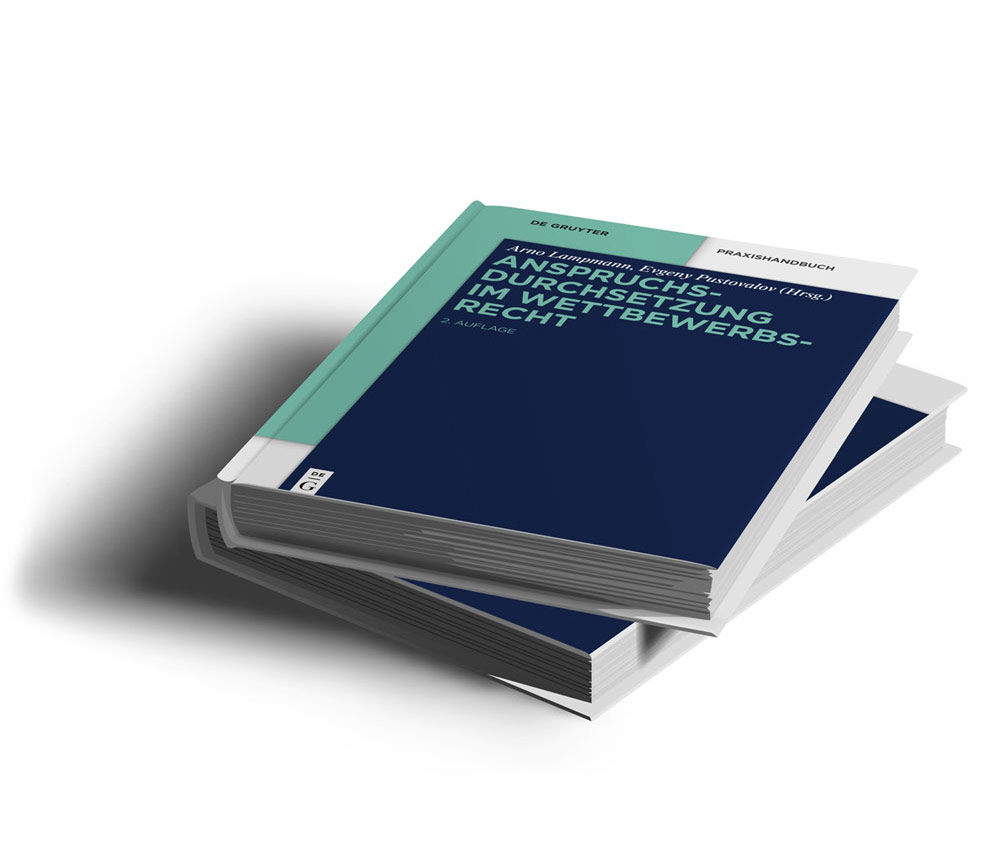Absence of one page of an injunction order renders execution ineffective

The Berlin Court of Appeal has announced that it will review a decision by the Berlin Regional Court (LG Berlin, Urteil v. 7.8.2018, Az. 103 O 25/18, nicht rechtskräftig) which had dismissed an application for a preliminary injunction (KG Berlin, Hinweisbeschluss v. 3.5.2019, Az. 5 U 118/18, als PDF hier abrufbar).
The decisions are very interesting. However, not with regard to substantive legal issues, but to the procedural peculiarities of the preliminary injunction proceedings – in this case the enforcement requirement, which the applicant failed to meet due to an error by the bailiff.
In addition, the decision of the Court of Appeal deals with the question of what function the postal service certificate has for the proof of the object of service and to what extent the defendant, who claims the lack of execution, may have a secondary burden of proof.
Asserting claims for injunctive relief is not easy
The assertion of claims for injunctive relief, as described in the Trademark law, Competition law, Copyright und Personal rights are mainly the subject of disputes is difficult.
In the following four articles, we have already highlighted some of the problems in actual cases from our practice:
- Application for injunctive relief and urgency – On the difficulties of preliminary injunction proceedings
- The omission of the omission: No urgency in the event of a double denial in the application
- Not urgent, inadmissible, unfounded – On the difficulties of applying for injunctive relief in intellectual property law
- More is less – The version of the application for injunctive relief
Background to the current case
At the heart of this dispute was the question of whether the applicant had properly executed the interim injunction obtained by her before the Berlin Regional Court. The problem was that the certified copy that the bailiff had finally served on the defendant was incomplete. The second page of the order had been inadvertently mixed up with another page.
The Regional Court therefore lifted the interim injunction following an objection by the defendant in a judgment (LG Berlin, Urteil v. 7.8.2018, Az. 103 O 25/18, nicht rechtskräftig) again. We reported on the details of the current case here:
In response to the appeal lodged by the applicant against the judgment, the Court of Appeal issued the following ruling on May 3, 2019, that it intended to continue to do so due to obvious futility. gem. § 522 Abs. 2 S. 1 ZPO unanimously rejected (KG Berlin, Hinweisbeschluss v. 3.5.2019, Az. 5 U 118/18, nicht rechtskräftig).
The Senate assumes that the applicant has neither succeeded in proving nor in substantiating that the injunction was served in full.
Postal delivery certificate does not prove completeness of the delivered documents
The postal certificate of delivery used by her for this purpose was in principle able to provide full proof of the facts contained in it as a public document. However, the probative value only extends to the fact that a certain document was served on a certain addressee at a certain time, but not to the disputed question of whether the documents were served in full.
The defendant had also fulfilled a conceivable secondary burden of proof by describing the documents received in writing and submitting a copy of them, and had also substantiated the absence of page 2 of the application in the certified copy served by means of an affidavit by its managing director.
The absence of a page renders the execution ineffective
The service of a court decision does not necessarily have to be ineffective if the copy sent is incomplete or contains errors, according to KG. Small errors and minor deviations are not detrimental if the recipient can recognize the content of the original and the scope of his complaint or the content and scope of the prohibition from the copy sent to him. However, the absence of several or even just a single page is typically regarded as a significant defect.
Conclusion
The assertion of competition law claims is – contrary to the current discussion about alleged warning letter abuse – anything but simple, even after a warning letter and successful application for an injunction.
Apart from the fact that the popular and media that “warning letters” or their lawyers could make money from any careless mistakes in the legal notice or in the withdrawal policy, the pursuit of claims for injunctive relief requires extensive knowledge of the relevant regulations and case law. Following the warning, not only must an adequate application for an injunction be filed, but it must also be ensured that the title is used properly in the proceedings.
Competitors who are only out to make a quick buck from their legal representation often fail because of these formalities, without the need for legislative help.
Disclosure: Our law firm represented the defendant.











